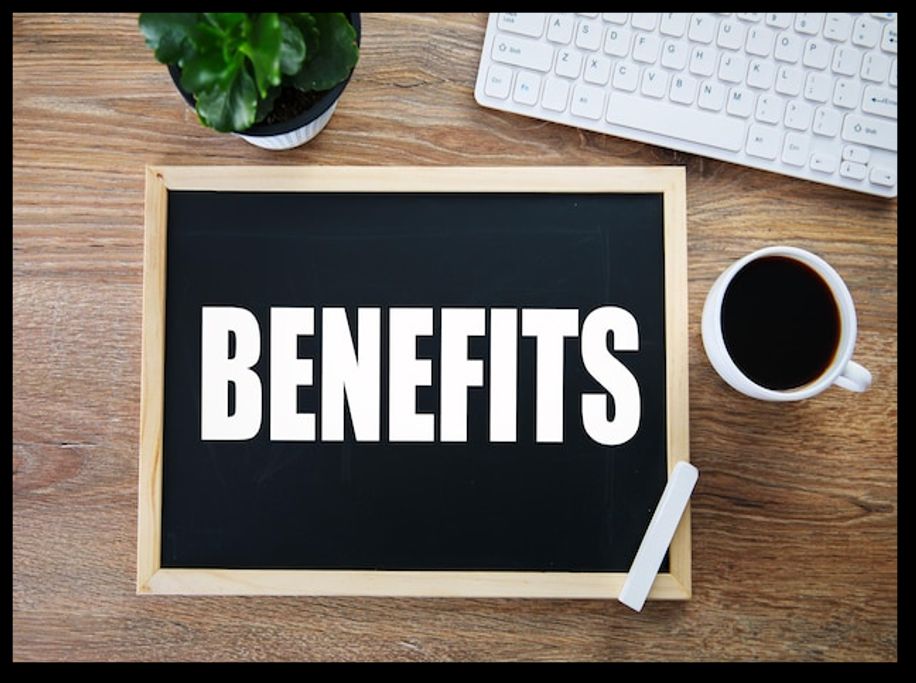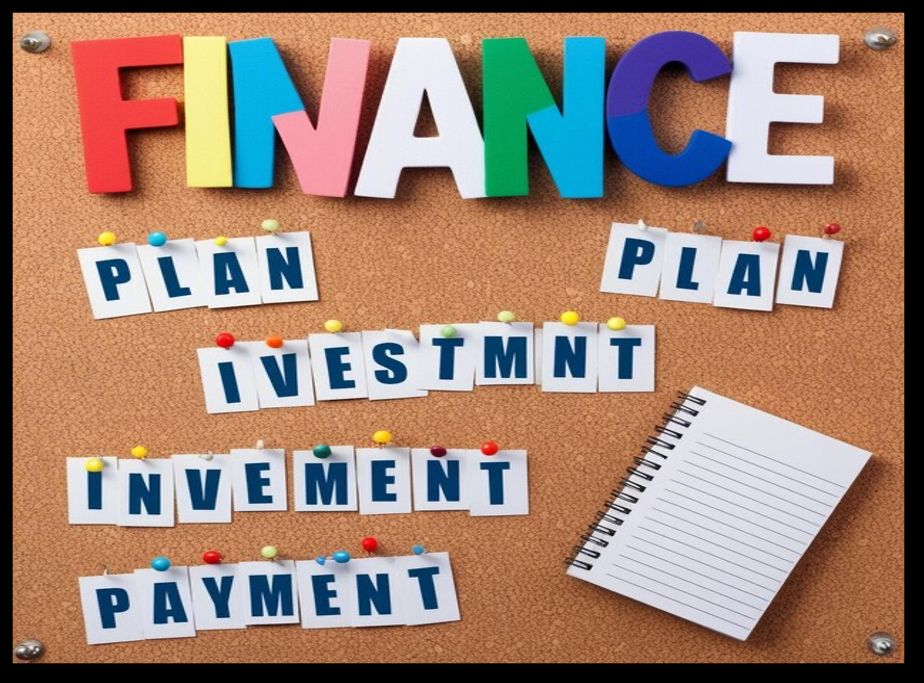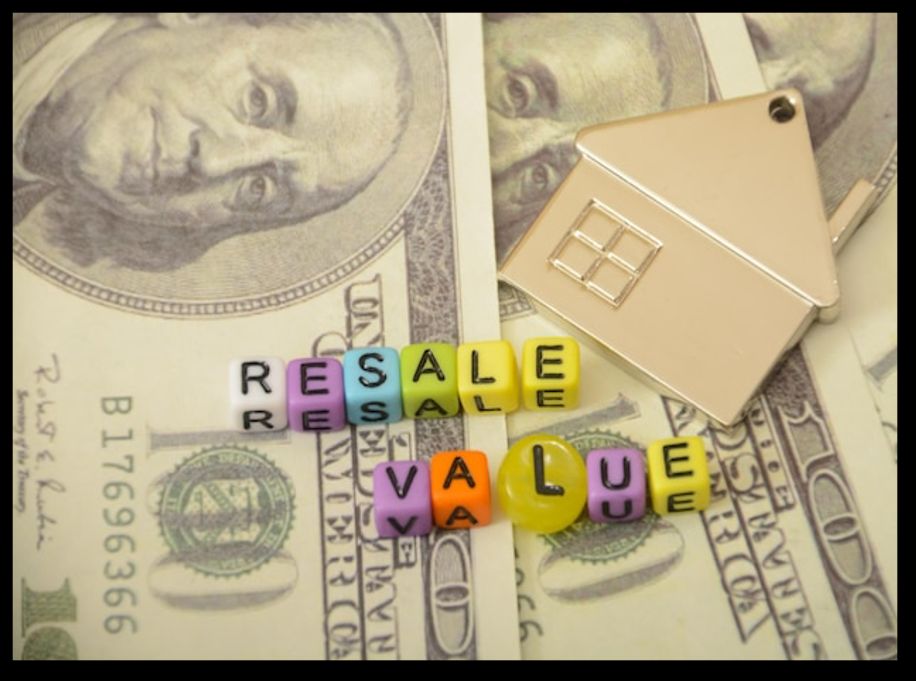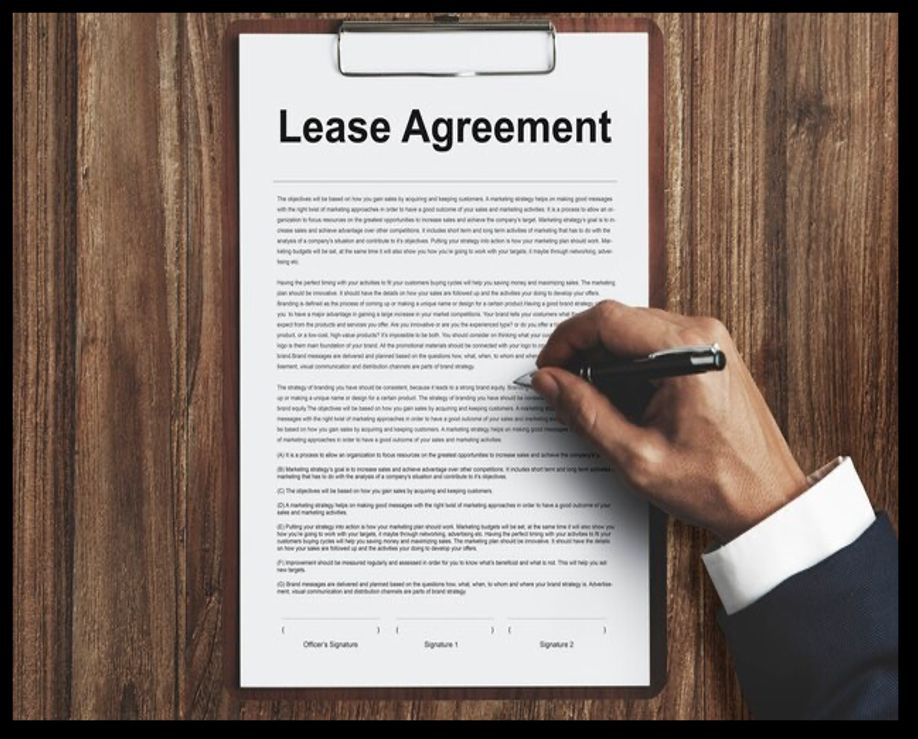Welcome to the fascinating world of real estate, If you’re thinking about jumping into the exciting world of real estate investment, I’m here to guide you through a topic that often raises eyebrows: buying property on leased land.
Let’s dive in together and explore what this means for you and your financial future!
First off, what exactly is leased land? Simply put, it’s land that you don’t own, but you can build on or live on for a certain period.
You sign a lease agreement with the landowner, who retains ownership of the land. This can seem appealing because it often has lower upfront costs than buying land outright.
The Appeal of Leasing: Potential Benefits

Many investors find the cost advantages of leasing attractive. It can be a smart way to enter the real estate market without breaking the bank.
Imagine being able to invest in a nice property at a lower price! For some people, this can lead to short-term gains.
However, it’s important to remember that these advantages might come with hidden risks.
Major Disadvantages of Buying on Leased Land
Now, let’s talk about the not-so-fun stuff. One major issue is that your property loses equity over time.
Since you don’t own the land, your investment isn’t building as much value. It’s like renting an apartment: you may love your space, but at the end of the lease, you walk away with nothing.
Another concern is the limited control you have over your property. Since the land isn’t yours, the landowner can set rules that you have to follow.
This can feel a bit restrictive, especially when it comes to enjoying your own home and privacy. And let’s not forget about the non-renewable contracts. When your lease runs out, the landowner might not want to extend it.
They could come up with tough new conditions that might not work in your favor. Suddenly, you could find yourself losing your home and investment.
Financial Implications

When we talk about financial implications, it’s essential to consider how properties on leased land react to things like inflation. Usually, properties and lands act as good hedges against inflation they tend to go up in value.
But with leased land, you might find that mortgage rates don’t keep up with rising costs, making it less favorable for long-term growth.
Additionally, many communities with leased land have HOA fees. These fees can add up over time, especially if inflation rises.
Your property could become less valuable as these costs increase while your lease term gets shorter.
Resale Value Concerns

Speaking of value, let’s chat about the non-profitable resale value of properties on leased land. When you go to sell, you might find that your property isn’t worth what you hoped. This happens because the profit from selling is often tied to home ownership.
If you don’t own the land, you may end up with little to no return on your investment.
Strategic Considerations for Investors

So, what should you do if you’re still considering investing in leased land? I recommend conducting thorough market analysis before making any decisions. Look at the investment strategies that have worked for others and see if leasing aligns with your goals.
Also, it’s vital to think about the difference between leasehold vs. freehold properties. Understanding this difference can help you make an informed choice about what’s right for you.



